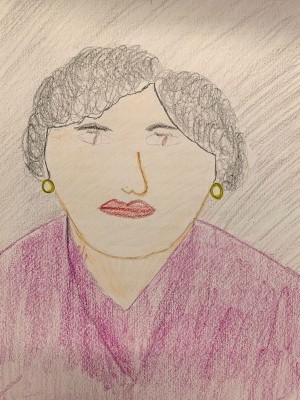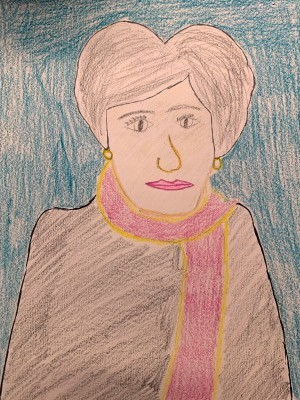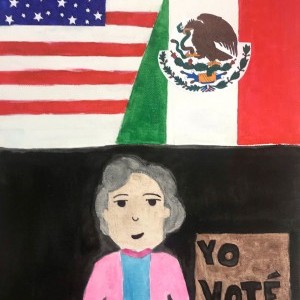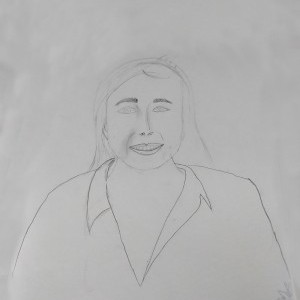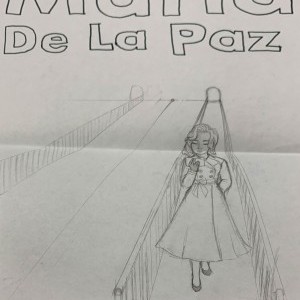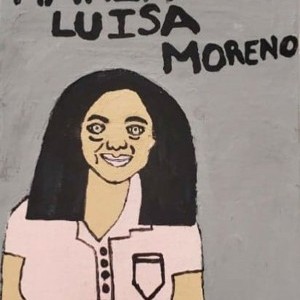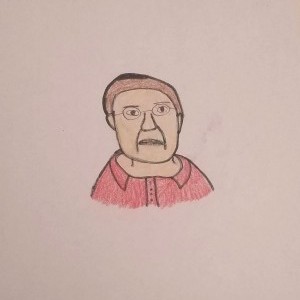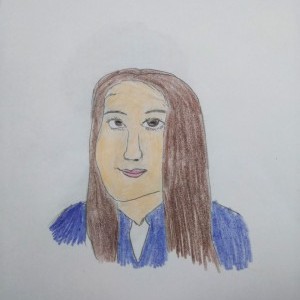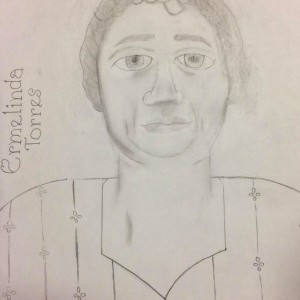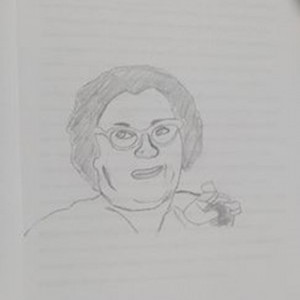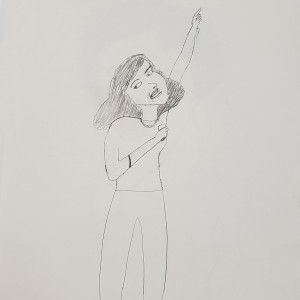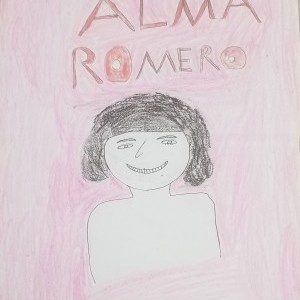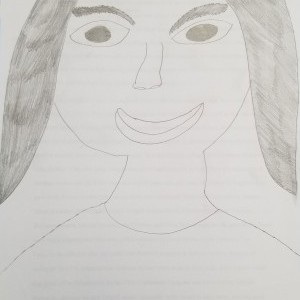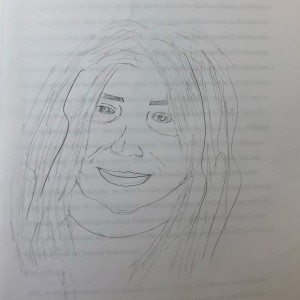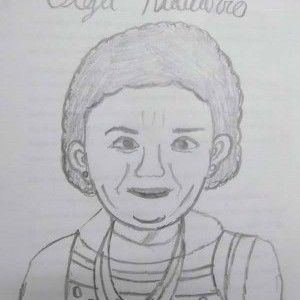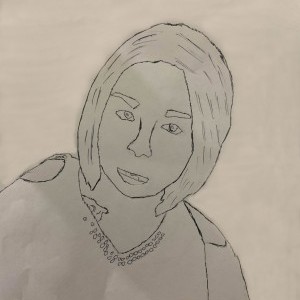Ramon Garcia
García Early College High School | Laredo, TX | 10th Grade
Inspirational Family Member
My Great-Grandma
This is the true story of how an amazing person was granted the right to vote. It was in 1920 when my great-grandma became a citizen of the United States. My great-grandma was named Amelia Trevino. She was born in her childhood house in a small town in Mexico named Santa Fe. My great-grandma came to the United States simply to look for a better life, as most people do. In the early 1900s my great-grandma came to Laredo, Texas. As soon as my grandma got to Laredo, Texas she met the love of her life, which was my great-grandpa. My great-grandpa was named Reynaldo Garcia. After a few years, my great-grandparents decided to marry each other leading to my great-grandma's name changing to Amelia Trevino Garcia.
My great-grandma always liked to work and never be “useless” she would say. My great-grandma would clean house for the wealthy families. My great-grandma knew that in order to make a difference, she needed to become an active citizen of Laredo. Which is why she decided to apply for citizenship; she went through the process and became a U.S citizen around the 1920s. From what I was told, my great-grandma always struggled with writing and speaking English, but she was able to manage over the years.
My great-grandma was strong and independent, and she always loved to think in a positive way. My great-grandma loved to exercise her freedom to vote, she would participate in any voting elections that she could participate in. I believe she was able to vote in the 1924 presidential elections which was for president Calvin Coolidge. My great-grandma was a hard-working dedicated person and I am so happy that I was able to tell you all about my great-grandma, Amelia Trevino Garcia.
Historical Figure I Admire
Charlotte Despard
Charlotte Despard was born in Ripple, Kent, in 1844. She was a well-known peace activist during WWI, speaking at anti-war meetings and rallies, helping to care for poor women and children suffering because of the war, and campaigning around the country during 1918 for the Women's Peace Crusade.
Charlotte Despard was raised in a small house. Her family was very poor. Charlotte was the daughter of William French, a naval commander from Ireland. Born in 1844 into an Anglo-Irish family, Charlotte French lost her father at the age of ten and then her mother was sent to an asylum, so she was brought up by relatives. Touring Europe with her sisters, she met Maximilian Carden Despard whom she married in 1870. He was a wealthy Anglo-Irish businessman who encouraged her in her writing career and shared her interest in progressive causes. They had a country home in Surrey with a dozen indoor servants. Then in 1890 the husband died, and she decided to devote the rest of her life to helping the poor, using her inheritance.
She moved to Battersea, setting up two community centers with a health clinic, youth and working men's clubs and a soup kitchen. Identifying with the Irish poor, she became a Catholic and studying the problems of society led her to socialism, befriending Karl Marx's daughter, Eleanor. After being elected as a Poor Law Guardian in Lambeth, 'She proved herself a brilliant committee woman, bringing a rare combination of informed compassion, practical experience, and military efficiency to the board's deliberations.' She spoke out at a peace rally in Battersea against the Boer's War. Despard, like most members of the Women's Freedom League, was a pacifist, and so, during the First World War, she refused to become involved in the British Army's recruitment campaign. Weirdly, her brother, General John French, was Chief of Staff of the British Army and commander of the British Expeditionary Force sent to Europe in August 1914. Her sister, Catherine Harley, was also a supporter of the war and served in the Scottish Women's Hospital in France. Despard argued that the British government was not doing enough to bring an end to the war and supported the campaign of the Women's Peace Council for a negotiated peace. After the passing of the Qualification of Women Act in 1918, Charlotte Despard became the Labour Party candidate in Battersea in the post-war election. However, in the euphoria of Britain's victory, Despard's anti-war views were very unpopular and like all the other pacifist candidates, who stood in the election, she was defeated.
Charlotte Despard was a great woman and had an amazing impact on the suffragette movement. She died on November 10, 1939, after a fall in her new house near Belfast. Charlotte Despard was an amazing woman who up to this day is still talked about. Charlotte Despard will forever be remembered.
What the Project Means to Me
In doing my research of my great grandma I was not aware of the history on my mother's side of the family. I knew that my great-grandfather was born somewhere in the United States and knew very little on my great-grandparents. I was happy to hear that on my great-grandma's journey to the United States her sister tagged along with her and they faced an amazing journey together. They were rarely ever separated, in fact they even worked together cleaning houses for the wealthy families. As I look back, I realize that my great-grandma and her sister had a great amount of courage between them to just leave everything behind Mexico and were set to go to the United States. I've been told that in my great-grandma's opinion moving to the United States was the best decision she ever made in her entire life, and she had no regret whatsoever of coming to the United States.
I believe that exercising our right to vote is one of the most important things we, as citizens, should take pride in doing. I'm glad that my great-grandma was able to take advantage of exercising her right to vote.
Explore the Archive
More From This Class
Click on the thumbnails below to view each student's work.Deadline Extended
There's still time to join Women Leading the Way.
Become a part of our storytelling archive. Enroll your class today.
Join the Project

